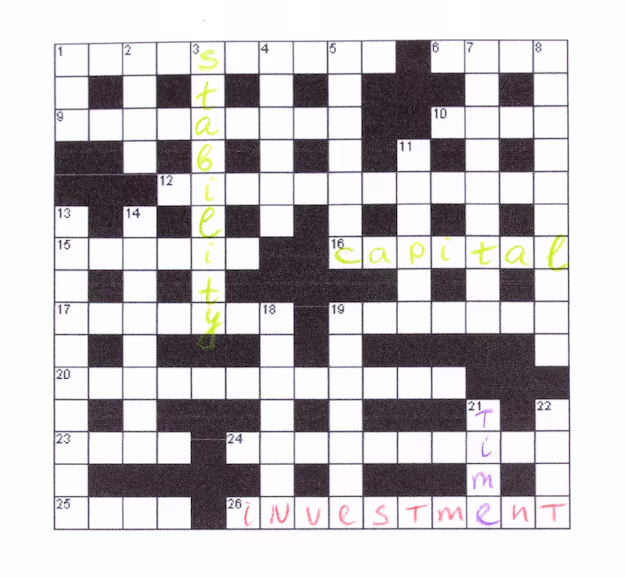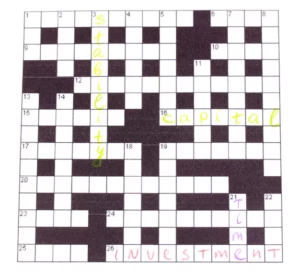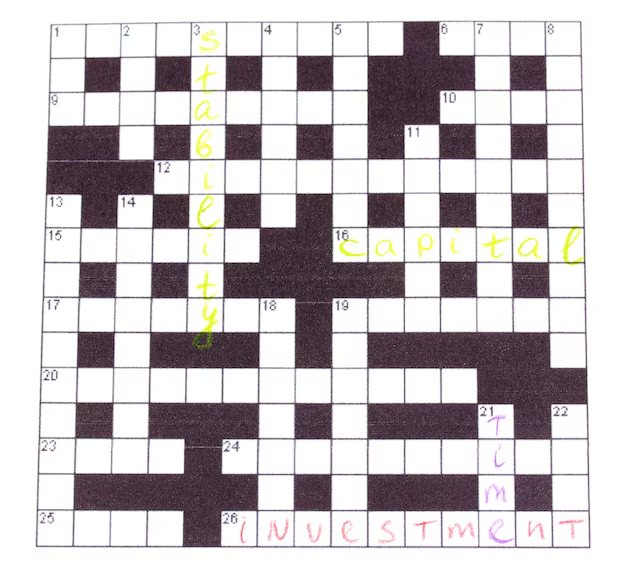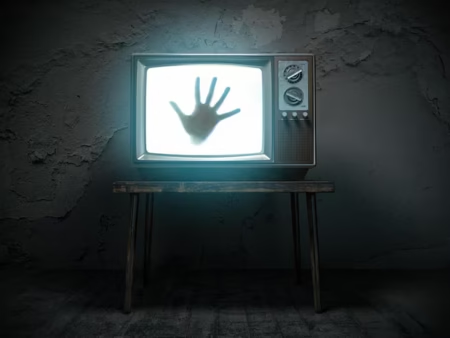In the vast sea of black-and-white crossword squares, there are clues that stop you in your tracks. Not because they are hard, but because they are alive. One of those is the “hoo-wee” NYT crossword clue.
It’s not just ink on newsprint. It’s the echo of laughter, the sigh after relief, the gasp of surprise. With just a few letters, “hoo-wee” captures what it means to be human—messy, expressive, unpredictable.
And tucked in the hallowed pages of the New York Times Crossword, it’s more than a clue. It’s an exclamation that winks at you across generations of solvers.
The Majesty of the NYT Crossword 📰👑
The New York Times Crossword is not merely a puzzle; it is a cultural ritual. Since its first appearance in 1942, it has become:
-
A morning meditation ☕
-
A challenge for the curious 🧠
-
A bond for puzzle lovers worldwide 🌍
It is precise, clever, demanding. Yet, within its walls, there is room for playfulness—and “hoo-wee” is a shining example.
“Hoo-Wee”: The Heart of Expression 🎶
What is “hoo-wee”? It is language unbuttoned, raw emotion poured into sound.
-
Relief: “Hoo-wee, that was close!”
-
Awe: “Hoo-wee, look at that sunset.”
-
Amusement: “Hoo-wee, what a story!”
It doesn’t live in dictionaries—it lives in moments. And crossword constructors adore such words because they capture feelings in their purest form.
Exclamations in Puzzles: The Spark of Surprise 🔥
Why do constructors slip words like “hoo-wee” into their grids?
-
They break monotony – reminding solvers that puzzles aren’t just tests, they’re games.
-
They humanize – a crossword filled only with facts feels mechanical, but an exclamation feels alive.
-
They connect eras – old slang meets modern solvers, bridging generations.
“Hoo-wee” is a pause in the puzzle’s march, a sudden burst of joy in a soldier’s cadence.
Possible Answers: The Solver’s Dance 💃
When confronted with the “hoo-wee” clue, solvers look for kindred words—tiny syllables that sing the same tune:
-
WOW
-
WHEW
-
GEE
-
PHEW
-
YIPES
Each is short, expressive, and packed with emotion. Solvers don’t just decode them—they feel them.

The Emotional Journey of Solving 🧩❤️
Every crossword is a story:
-
Confusion – staring at empty squares.
-
Struggle – wrestling with trickery.
-
Illumination – that golden aha! moment.
“Hoo-wee” fits perfectly into this rhythm. It is the sound you make when the clouds part, when the final box fills, when you smile at your own persistence.
Language as Music 🎼📖
Think of “hoo-wee” as a note in a larger symphony. Crossword grids are structured like sheet music—rows, patterns, rhythm. And then, suddenly, an exclamation bursts forth, like a trumpet solo in the quiet.
It is language not as definition, but as melody.
Crosswords as Time Machines ⏳
Expressions like “hoo-wee” also carry us back. They remind us of a time when such exclamations were more common. Crosswords preserve them, giving younger solvers a taste of linguistic history.
Solving isn’t just about vocabulary—it’s about heritage. Each exclamation clue is a window into the way humans once laughed, gasped, and marveled.
The Human Side of Puzzles 🧑🤝🧑
Solvers often share their struggles and triumphs online. Whole forums buzz with debates about clues like “hoo-wee.” Some groan, some giggle, but everyone remembers it.
The crossword isn’t just a puzzle—it’s a conversation. And “hoo-wee” is the chuckle that makes the conversation warm.
The Beauty of Brevity 🌟
In a world drowning in long explanations, “hoo-wee” is refreshing. Just five letters of pure emotion. It proves that words don’t need to be long to be powerful—they need to be felt.
A Philosophy Hidden in the Grid 🧘
Crosswords teach patience, persistence, and humility. “Hoo-wee” teaches something simpler: that life is full of little exclamations. That sometimes, all you can do is marvel, sigh, and whisper with delight.
It is not just a clue. It is a way of looking at the world.
Poetry in Black and White 🖋️🖤🤍
Look at a crossword grid, and you might see nothing but boxes. But if you squint with a poet’s eyes, you’ll see a canvas. Each clue is a brushstroke; each answer a color.
And “hoo-wee”? It’s the sparkle on the paint, the highlight that makes the picture alive.
Why “Hoo-Wee” Matters ✨
You may wonder: why dwell on such a small clue? Because within it lies the secret of crosswords—their humanity.
It reminds us that language is not just logic. It is laughter, breath, wonder. And that’s why we solve—not just to win, but to feel.
Conclusion: A Tiny Word, A Big Heart
The “hoo-wee” NYT crossword clue is more than an answer. It’s a feeling. It’s the sparkle in the grid, the wink from the constructor, the sigh of the solver.
And maybe, just maybe, that’s what makes puzzles so special: they don’t just test our brains. They remind us to pause, to laugh, to marvel. To say, softly, hoo-wee.
FAQs About “Hoo-Wee” NYT Crossword Clue
1. What does the “hoo-wee” NYT crossword clue mean?
It usually signals an exclamation of surprise, awe, or relief, with answers like WHEW or WOW.
2. Why do crosswords use expressions like this?
Because they capture real human emotions and make puzzles more playful.
3. Is “hoo-wee” still common in everyday speech?
Not as much, but it remains beloved in literature, puzzles, and cultural memory.
4. How can I solve exclamation clues better?
Think about the emotion behind the clue, not just the definition.
5. What makes the NYT crossword so special?
Its blend of wit, culture, and humanity—it’s a puzzle that doesn’t just challenge but also delights.








